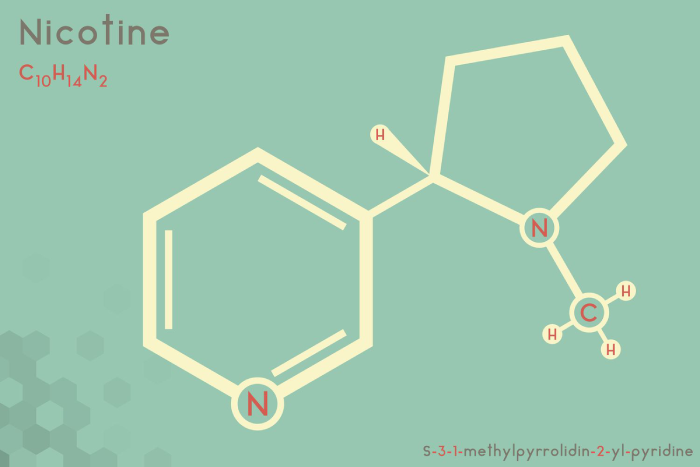Broccoli Sprout Extract’s Potential in Skincare for Inflammation and Aging Prevention
Particulate matter (PM), a significant environmental pollutant, poses a serious threat to human health, particularly to the skin. This study examines the potential of broccoli sprout extract (BSE) in mitigating the harmful effects of PM exposure on skin aging and inflammation in human keratinocytes. To evaluate the protective effects, HaCaT keratinocytes were treated with BSE before being exposed to PM. The viability of the cells was assessed using the MTT assay. Markers for skin aging and inflammation, such as MMP-1, COX-2, and IL-6, were measured using Western blot, ELISA, and qRT-PCR. The level of reactive oxygen species (ROS) was determined with the DCF-DA assay. Additionally, kinase and pull-down assays were conducted to explore the interaction between BSE and p38α MAPK.
The findings indicate that BSE significantly reduced the expression of MMP-1, COX-2, and IL-6, which are key markers for skin aging and inflammation. This effect was achieved by inhibiting the p38 MAPK pathway. Specifically, BSE binds directly to p38α, preventing ATP from binding, which selectively blocks its activity and the downstream signaling pathways, including MSK1/2, AP-1, and NF-κB. These results suggest that BSE could serve as an effective ingredient in skincare formulations aimed at reducing the damaging effects of PM on skin health.
Commentary by YourDailyFit columnist Alice Winters:

Broccoli sprout extract (BSE) has recently gained attention for its potential skin benefits, particularly in counteracting the harmful effects of environmental pollutants such as particulate matter (PM). The study at hand presents a compelling argument for BSE’s use as a functional ingredient in skincare products, especially for individuals concerned with skin aging and inflammation induced by PM exposure. The findings, which focus on the inhibition of key inflammatory and aging markers such as MMP-1, COX-2, and IL-6, align well with BSE’s bioactive components, most notably sulforaphane, which has long been praised for its antioxidant and anti-inflammatory properties.
At the heart of this study lies the mechanism of action involving the p38 MAPK pathway, a well-established target in cellular stress responses. BSE’s ability to selectively inhibit p38α MAPK without competing for ATP binding is a nuanced and important discovery, suggesting that the extract could offer targeted benefits without disrupting other critical cellular functions. This specificity might position BSE as a safer, more refined alternative to other antioxidants and anti-inflammatory agents that typically have broader, less-selective impacts on cellular pathways.
From a formulation standpoint, BSE’s antioxidant capacity, demonstrated by its reduction of reactive oxygen species (ROS), offers promising potential for skincare products aimed at protecting the skin from oxidative stress caused by environmental factors. Oxidative stress is a leading factor in skin aging and other dermatological conditions, and BSE’s ability to mitigate this stress places it in an advantageous position as a natural ingredient in clean beauty formulations.
However, while the research is promising, several aspects warrant further exploration. First, the study focused on human keratinocytes in vitro, which means the findings may not fully translate to real-world, in vivo skin applications. The stability and efficacy of BSE in topical formulations, especially when exposed to air, light, and other environmental factors, also remain to be fully evaluated. Additionally, the concentration of BSE required to achieve significant effects in the lab may not be feasible in consumer products, or it may affect the overall formulation in terms of texture, stability, or cost.
Furthermore, the study highlights BSE’s potential for targeting PM-induced skin damage, but it does not address the broader market context. As consumers become increasingly aware of environmental pollutants and their impact on health, products incorporating ingredients like BSE might appeal to those seeking proactive skincare solutions. However, its role in mitigating PM exposure—an issue largely outside the realm of most daily skincare routines—may be limited to a niche market. Consumers in urban areas, or those with frequent exposure to air pollution, could find value in products containing BSE, but widespread consumer adoption might depend on effective marketing and clear messaging regarding the extract’s benefits.
In conclusion, while this study adds valuable data to the body of research supporting broccoli sprout extract as a skin-protective ingredient, its real-world applications are still in their early stages. Further research into BSE’s long-term effects, optimal concentrations for topical use, and consumer reception will be crucial in determining its viability as a mainstream ingredient in skincare products. As the beauty industry continues to prioritize natural, environmentally-conscious ingredients, BSE holds potential, but its path to mass-market success will require careful consideration of both scientific evidence and consumer trends.



